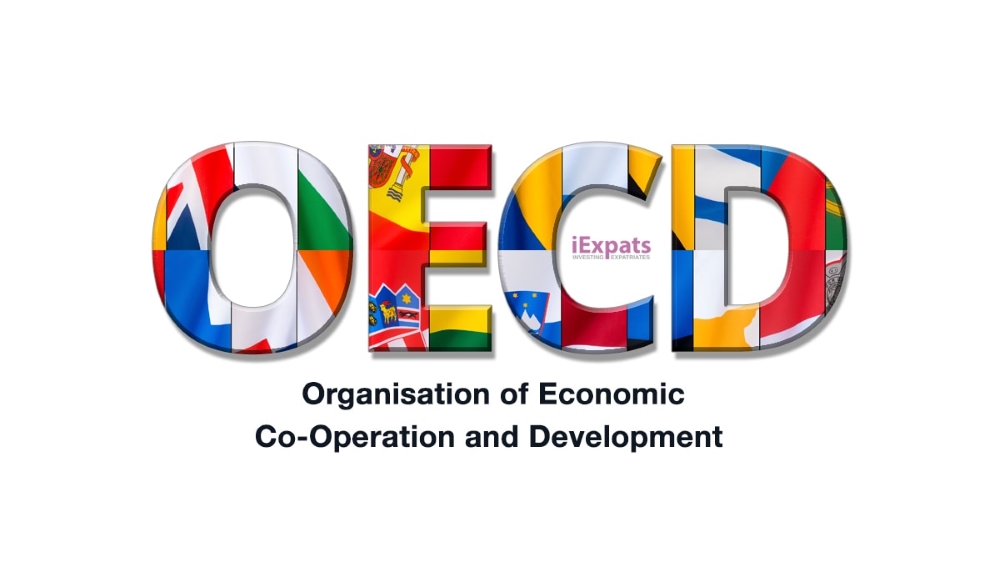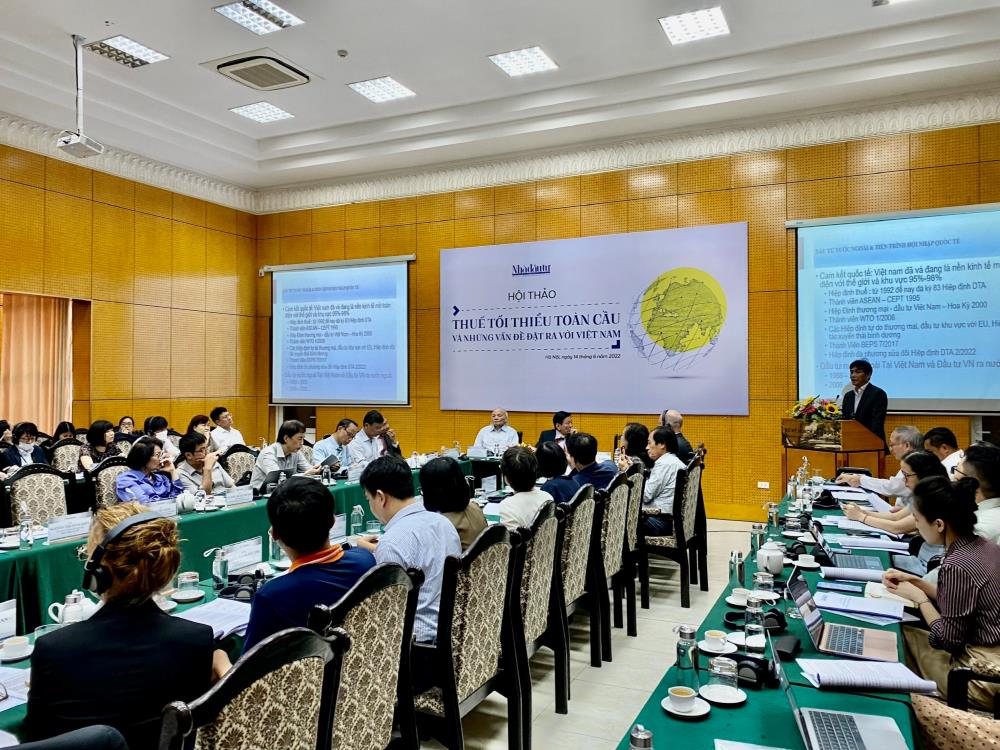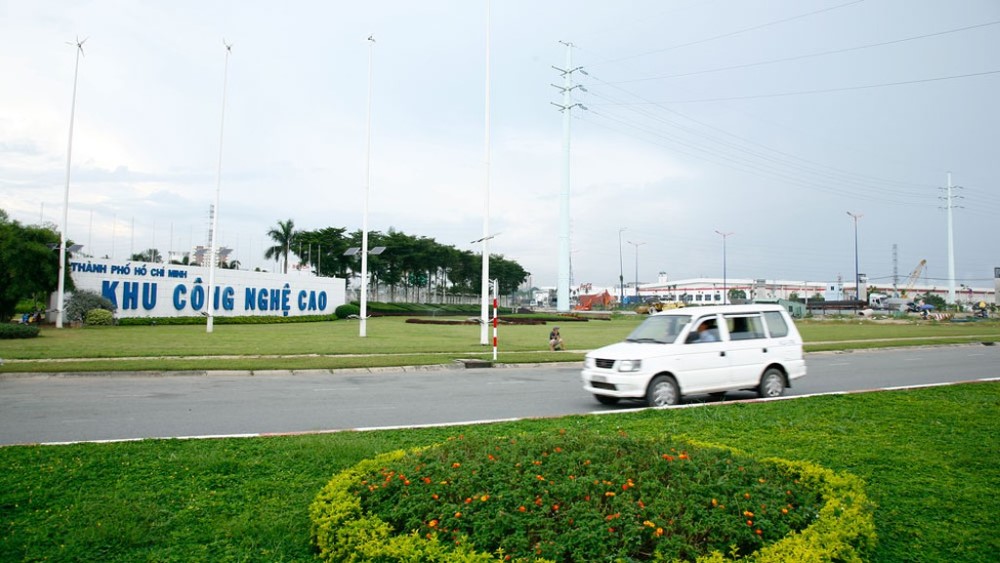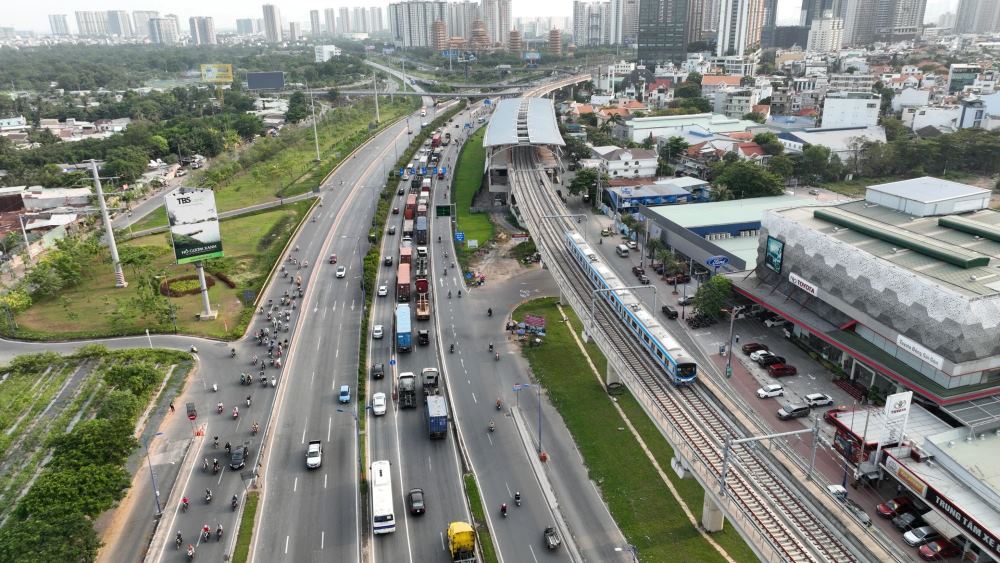Global minimum tax support measures and Vietnam’s protection mechanisms

The effective date of the global minimum tax from January 1, 2024, has prompted the government to explore additional policies specifically for foreign-invested enterprises in Vietnam. Specifically, these policies will help businesses enjoy specific tax incentives or better ones (such as the Ho Chi Minh City High-Tech Park tax incentives) or increase the costs that businesses can deduct before paying taxes (such as R&D fees, and raw materials), depending on each enterprise.
Vietnam explores measures to minimize the impact of the global minimum tax on foreign businesses
The global minimum tax (GMT) is a type of tax initiated by the Organization for Economic Co-operation and Development (OECD). This tax has received unanimous agreement from all members, including Vietnam. The policy of the global minimum tax is expected to take effect on January 1, 2024.

Vietnam is a member of the OECD
Given this change, tax authorities and officials in Vietnam are studying and examining special mechanisms to support or adjust to mitigate the impact of the tax on foreign businesses. On June 27, 2023, leaders of the General Department of Taxation under the Ministry of Finance participated in discussions regarding resource allocation to support enterprises with foreign investment that will be affected by the global minimum tax at the beginning of 2024.

Workshop on issues facing Vietnam when applying the global minimum tax
Mr. Dang Ngoc Minh, Deputy Director General of the General Department of Taxation, has stated that Vietnam is currently successfully attracting direct investment from 142 countries worldwide. Vietnam’s important and primary partners mostly come from Asia, such as South Korea, Japan, and Singapore. Vietnam greatly needs FDI inflows from foreign partners to stimulate economic development in the current period. Mr. Minh, emphasizes the necessity of establishing a supportive mechanism that can offset the negative impacts of the global minimum tax on foreign-invested enterprises.
Explore more: How do income tax incentives promote economic development?
Specific and personalized support measures
According to Mr. Tran Ngoc Minh, the implementation of support measures will be adjusted to suit the characteristics of each type of business, aiming to alleviate the impact of the global minimum tax for current special tax incentives, such as the preferential tax incentives in Ho Chi Minh City’s Hi-Tech Park. Without specific and personalized support measures for foreign-invested enterprises, it will reduce the attractiveness of attracting foreign investment to Vietnam.
For example, for Samsung and Intel subsidiaries from 2018 to 2020, the effective tax rates for Samsung’s four subsidiaries ranged from 2.88% to 4.71%, and for Intel, it was 2.77% to 5.94%. If following Pillar 2 in the OECD’s Global Tax Solution Framework, the parent companies Samsung and Intel would have to pay additional tax rates ranging from 10.29% to 12.12% for Samsung and 9.06% to 12.23% for Intel.

Fixing a tax rate of 15% for all businesses globally could reduce the attractiveness of the Vietnamese market in the eyes of international businesses
To maintain the attractiveness of the investment environment in the future, Vietnam needs appropriate solutions in the process of amending and supplementing the Corporate Income Tax Law in a way that benefits foreign-invested enterprises.
Some measures that could be applied include allowing businesses to account for additional expenses deducted from certain related expenses for R&D, human resources, depreciation, etc. Regarding tax incentives, provisions could be added for cases where businesses operate in specific sectors or areas, such as the preferential tax incentives in Ho Chi Minh City’s Hi-Tech Park for foreign enterprises operating in high-tech fields such as IoT, chip manufacturing, software, etc.

The government needs to map out strategies to change old tax policies such as the tax incentive policy for Saigon High-Tech Park
Financial Capability and Protection Measures
Mr. Minh explained that these supports would be implemented through registration procedures after businesses have fulfilled their tax obligations, including the global minimum tax. Therefore, the government may encounter a few difficulties in securing financial resources to implement support measures.
To ensure the necessary financial resources for support initiatives, he emphasized the importance of safeguarding tax rights by implementing the Standardized Domestic Minimum Tax (SDMT) framework. According to this framework, if businesses comply with the 15% tax rate under the SDMT guidelines in Vietnam, the country will have sufficient financial resources to support businesses in various expenses such as research fees, equipment investment, materials for high-tech product manufacturing, etc. A practical example is India, which has implemented a policy providing specific amounts for each product manufactured by businesses. Additionally, there is a consideration to modify special tax incentives based on specific areas, such as the incentives in Ho Chi Minh City’s Hi-Tech Park.
Explore more: What are the 10 reasons why foreign investors should invest in Vietnam?
Applying Support Policies to Businesses
Support policies will be universally applied to all businesses, ensuring that support regulations align with the characteristics, nature, and specific standards of each type of business. This approach adheres to the non-discrimination provisions between businesses and complies with Pillar 2 of the global minimum tax.

The global minimum tax is both a challenge and an opportunity for Vietnam to integrate and compete with other developed economies in the world
Dr. Can Van Luc, a member of the National Financial and Monetary Policy Advisory Council, believes that active participation in implementing the global minimum tax will strengthen Vietnam’s ability to integrate internationally. It ensures the reform of the tax system following reality and global standards, contributing to the economic and social development of the country.
Conclusion
Vietnam is exploring measures to minimize the impact of the global minimum tax initiated by the OECD on foreign-invested businesses in the country. Specifically, the government may amend some old preferential policies, such as those related to the Ho Chi Minh City Hi-Tech Park tax incentives, industry-specific tax incentives, or import taxes on raw materials. Additionally, new deductible expenses may be introduced for businesses before tax calculation. This will help Vietnam maintain FDI inflows from countries, making it attractive to foreign enterprises and fostering national development. Businesses can also refer to more incentives when establishing a company in the commercial office complex in the Saigon High-Tech Park here.



